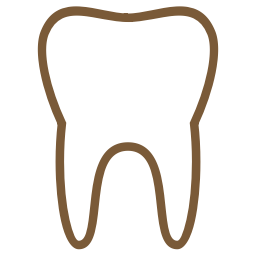Dental care is just as important for our animals as it is for us.
Did you know that our pets accumulate plaque and develop tartar 5 times faster than we do? Plaque and tartar affect our pet’s teeth just like our own, and the results are the often same although the most common dental disease among animals is periodontal disease rather than cavities (think of how much sugar we consume in comparison to our pets!).
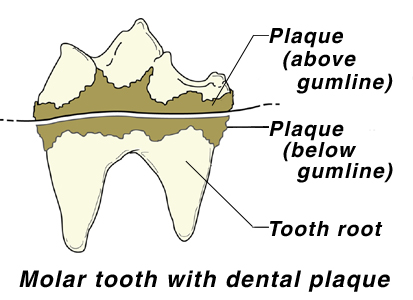
During an oral examination, the severity of the dental disease is graded on a scale of 1 to 4. Owners often assume that teeth cleaning is unnecessary when their pet’s teeth and gums are at a grade 1 or grade 2 dental disease. This is not the case. Waiting until the condition worsens to grade 3 or 4 will put the pet at higher risk of infection and tooth loss. They will also require more anesthetic time as it will take longer to clean the teeth, and there will most likely be numerous extractions. These pets will often need to go on antibiotics.
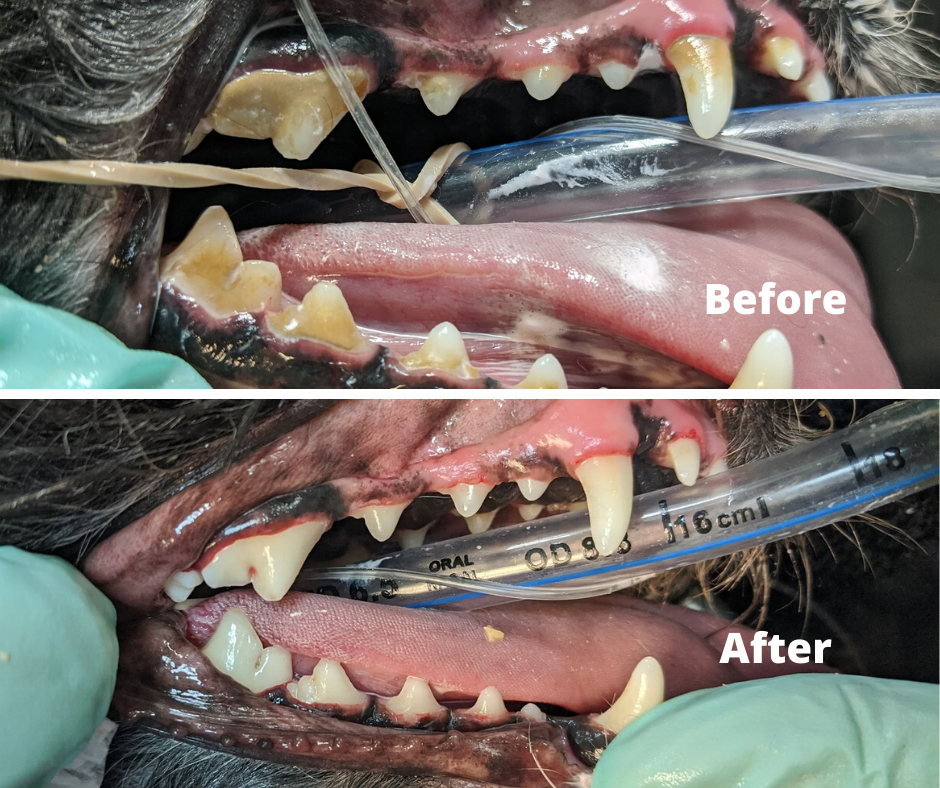
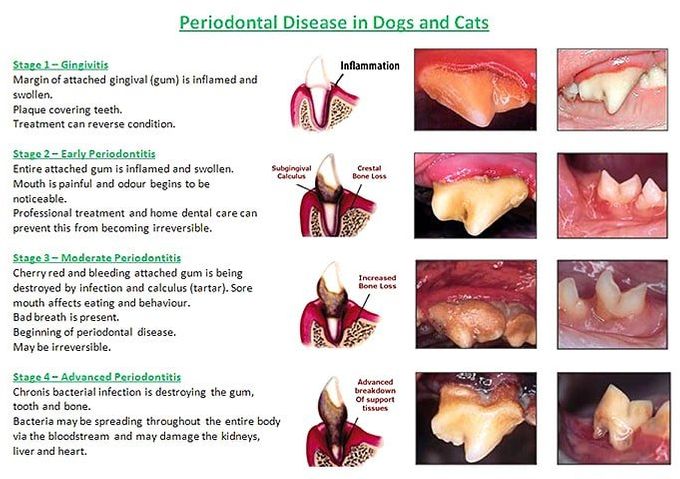
Our veterinary technicians are trained to supplement general anesthesia with dental blocks (freezing), to provide extra comfort during and after procedures such as extractions. We chart all our patients teeth when they are under anesthesia and will give you a free dental report card when you pick them up. Our dental services are not limited to dogs and cats, we also see exotics such as rabbits, chinchillas and ferrets!
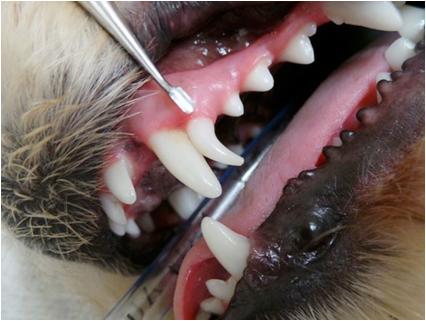
Retained Deciduous (Baby) Teeth
Occasionally puppies and kittens will have deciduous or baby teeth that do not fall out on their own before the adult teeth begin to grow in. It is recommended that these teeth be removed so they do not cause problems later on in life. Failure to have the teeth removed may cause the adult teeth to grow in improperly causing poor bite alignment. The area between the adult and baby teeth is an excellent place for tarter to build up causing tooth decay. The tartar and decay can lead to serious infection which can establish itself in the gum line and cause bone loss.
Veterinary care delivered with compassion for the pets of Saskatoon for over 35 years.
Acadia Veterinary Clinic and Pet Rehab Centre is a full-service veterinary hospital in Saskatoon, SK. We're pleased to provide compassionate veterinary care and pet rehabilitation. We want to offer the best care for your best friend!
Contact Info
Hours
Mon-Fri: 8:30am-5:30pm
Sat: 8:30am-3:00pm
Sun: Closed
Location
3421 8th Street East #4
Saskatoon, SK S7H 0W5
Click here for directions.


